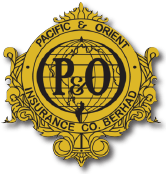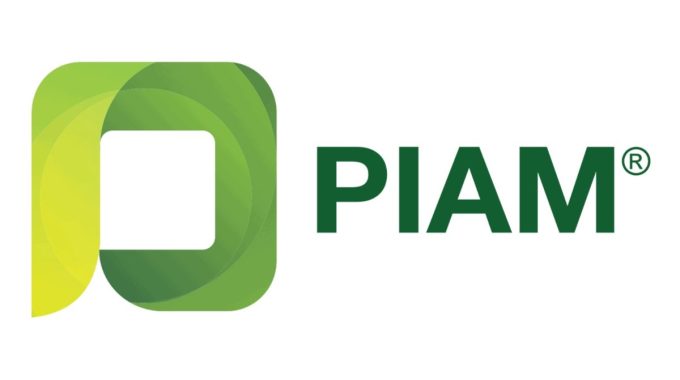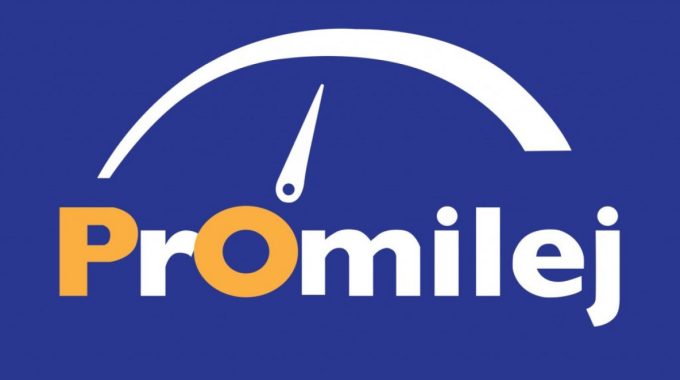Insurance: Insurer’s comeback plan
Pacific & Orient Insurance Co Bhd (POI), once a leader in the motorcycle insurance market, has been gradually losing its market share over the years. From holding as much as a 60% share, the percentage has now dropped to 22%.
This inevitably put a huge dent in the profits of its parent company Pacific & Orient Bhd (P&O), an investment holding company that is involved in the business of general insurance, information technology, investment and property. In fact, the company, which has a 51% stake in the insurer and derives most of its profits from it, has been in the red for three out of four financial years from 2016 to 2019.
This year, P&O CEO Chan Thye Seng is looking to tackle the challenge head on and launch what he candidly calls “a counter-attack”, with the aim of bringing the group back on a growth path. Under his guidance, the general insurer has set its sights on disrupting the car insurance market. In April, POI launched PrOmilej, a first-of-its-kind car insurance product that allows policyholders to choose their premium according to their car’s annual mileage. The product has been well-received in the market since its launch.
The plan gives car owners a discount of between 10% and 40% on the premium that many other car insurance companies in the market typically charge for their products.
“The launch of the product means POI has entered the motor insurance market with a product aimed at disrupting the existing businesses of our competitors,” says Chan.
Noor Muzir Mohamed Kassim, CEO of POI, says with this product, consumers will get the discounts upfront, unlike some other policies that give customers discounts only after a year and if they do not experience any accidents.
The launch of the product is part of the insurer’s broader strategy of leveraging the mass customisation trend. Muzir Kassim says mass customisation means providing more flexibility to consumers to suit their specific needs.
To effectively execute its mass customisation strategy, the company will only be distributing this product online through POI’s website or mobile application.
“It is a direct-to-consumer product, which means consumers cannot get it through any of our agents. This is partly why we can offer our customers up to 40% discount. We reward them with the commissions which are supposed to go to the agents,” Muzir says.
“We believe insurance products should be flexible in terms and premiums so that consumers can pick the best one for themselves, instead of a one-size-fits-all product.”
Muzir Kassim points out that products based on the mass customisation concept have existed in developed markets such as the US and Europe over the last 20 years. It was only recently that POI took the idea and launched it locally.

Photo by Kenny Yap/The Edge
“We could only do it after the first phase of liberalisation of motor insurance by Bank Negara Malaysia in 2016.
“We thought about how we could take advantage of this. We looked around the world and saw such a product. It is perfect for Malaysia,” he says.
The reasoning behind the product is obvious. The risk of getting into an accident is much lower when an insured car is parked at the owner’s driveway most of the time instead of being driven on the road.
“We did big data analysis by looking at several things, including how many kilometres a driver in Malaysia drives per year [on average] and the [corresponding] accident rates. We then did some customer surveys and decided to launch the product,” says Muzir Kassim.
He adds that the product targets households from the M40 and T20 categories that have a second or third car at home. These could be cars used by wives or husbands who are not working and are taking care of their children.
“They drive these cars for the sole purpose of fetching their children to and from schools, or for grocery shopping. Most of the time, these cars are not on the road,” he explains.
There are also more young working adults who utilise public transport or e-hailing services to commute to work.
“Many of them park their cars at a nearby train station and take the MRT (mass rapid transit) or LRT (light rail transit) to work. Some of them utilise e-hailing services more often when it is more convenient for them to do so.
“More people are driving less as Malaysia becomes a more developed nation,” says Muzir Kassim.
Chan notes that there are 28 million registered vehicles locally, of which about 10 million are cars.
“At least 30% to 40% of these cars are second or third cars being used for household purposes,” he says.
The Covid-19 pandemic has been a blessing in disguise for this product, says Muzir Kassim.
“To tell the truth, we did not expect that the pandemic would benefit our product. People are driving less since the implementation of the MCO (Movement Control Order) in March and that helps our product gain better traction,” he adds.
Muzir Kassim says sales of PrOmilej have been quite good in the past five months and it will continue to gain traction if consumers become more used to purchasing car insurance online.
He adds that its key competitors will find it difficult to replicate such a direct-to-consumer strategy as they rely heavily on agents to distribute their motor insurance products. Many of them are also large companies and listed entities that are less nimble in making major business decisions.
“Let’s say you are the CEO of an insurance company that has a RM1 billion market share in the motor insurance market. Now you want to offer a direct-to-consumer product which is priced at 40% lower than the current premium. What will your shareholders say? Your turnover goes down 40% immediately and you will need to work very hard to bring it back up.
“Some of these companies have several thousand agents to help distribute their motor insurance product. How can they launch such a product without offending their agents? And there will be no money to make if they lower the premium [of their product] by 40% while continuing to pay agents their commissions,” says Muzir Kassim.
According to him, POI is in a unique position to launch PrOmilej as its share of the motor insurance market is small. “We are not alienating our motorcycle insurance agents. And we tell our motor insurance agents that it is a decision that we have to make.”
Chan concurs with Muzir Kassim. “[With the launch of this product and our company strategy] the company (P&O) will return to growth.”
The launch of PrOmilej is just the first initiative from POI in its journey towards transforming itself into a digital-focused insurer. The insurer aims to launch other types of general insurance products via the online channel, says Muzir Kassim.
“For instance, we have started to offer travel insurance policies. You can buy them now if you go to our website,” he explains.
The products that will be launched by the insurer are expected to allow mass customisation, says Muzir Kassim.
“We don’t accept the one-size-fits-all concept anymore. Your insurance needs are not the same as mine. We should be able to offer our customers a decent level of tailoring in order to suit their needs better.
“We have other plans in the pipeline that will disrupt the market. But we can’t reveal too much just yet.”
To read the full article, click here.
BY KUEK SER KWANG ZHE / The Edge Malaysia
Admin POI
Pacific & Orient Insurance Co. Bhd.
Related Posts
Up to RM3 Billion payout for flood-related insurance claims and general insurance industry pledges additional RM2.4 Million CSR Initiative
Kuala Lumpur, Tuesday, 28 December 2021 – Due to unusually severe floods as widely reported in…
Car owners left stranded by ignorance, complacency about insurance
How many people in Taman Sri Muda, Shah Alam, who suffered last week’s catastrophic floods…
Insurer or tech company? With PrOmilej, POI shows that it can be both
KUALA LUMPUR, Nov 19 — What happens when you are knocked off your perch after…




